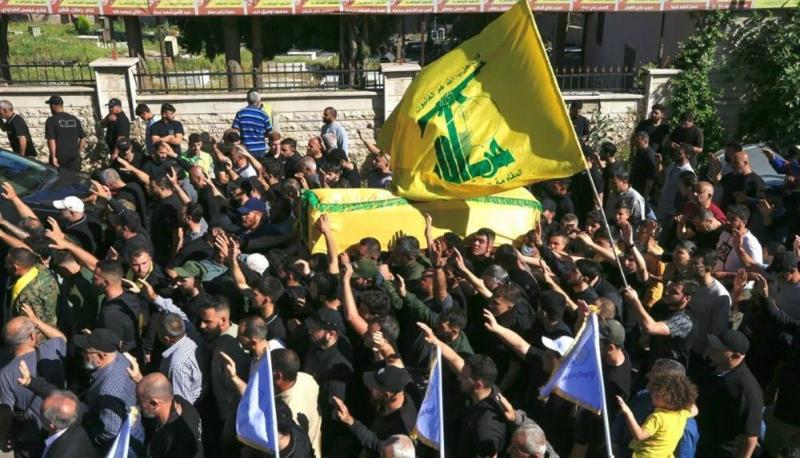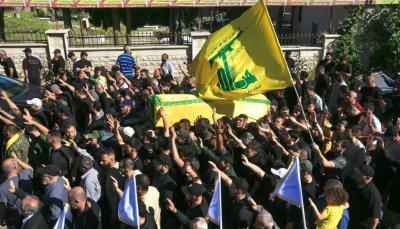Following Israel’s assassination of "Hezbollah's top leader" Thalal Abdullah, Israeli media began discussing the Israeli military's capability to eliminate the highest ranks of the party, including Secretary-General Hassan Nasrallah. The "Jerusalem Post" published an interview with Dr. Amatzia Baram, a writer at the Middle East Forum, an honorary professor in the Department of Middle Eastern History, and director of the Iraq Studies Center at the University of Haifa. He stated that "the elimination of Abdullah worries Hezbollah members, as they now realize that the Israeli army knows much more about them than they know."
He noted that the assassination operation indicates that "Hezbollah's field security is not tight, and the party's intelligence system has been infiltrated, allowing the Israeli army to penetrate its networks and systems and identify the right individuals to eliminate." Baram added: "Nasrallah understands that the Israeli army has the capability to kill him whenever it chooses, and I believe this worries him somewhat. He knows he will be next in the line of death if a large-scale war breaks out, and his elimination would be a significant success in the psychological war against Hezbollah, as it causes great concern among leaders who know they could be next."
Baram highlighted that "the last time we eliminated senior Hezbollah leaders, the group increased its firepower and launched more rockets and shells at Israel; however, they did not cross the non-declared red lines." He pointed out that "Hezbollah might increase the volume of fire, but will not significantly expand the range. The crucial point is the type of targets they attempt to strike. So far, they have not tried to hit a major civilian target, but rather aimed at a few military targets, which is the critical line differentiating between provoking Israel and starting a large-scale war."




